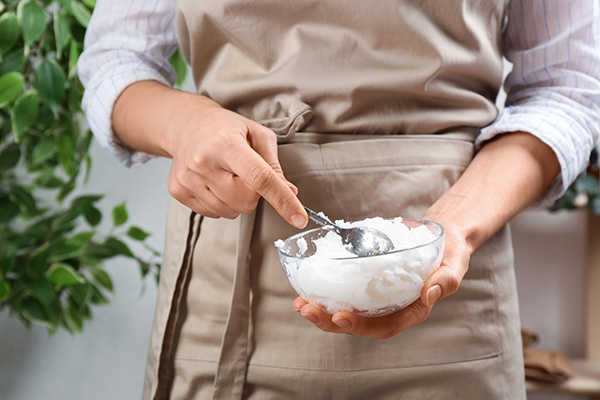Handmade Natural Soaps
Handmade natural soaps are healthy and high-quality soaps that do not contain chemical additives, making them skin and environmentally friendly. Handmade natural soaps are produced from natural materials such as vegetable oils, plant extracts, essential oils, clay, spices, honey, milk, silk, and more. They cleanse, moisturize, nourish, protect, and heal the skin. Moreover, handmade natural soaps appeal to the eye with their pleasant scents, colors, and shapes.
History of the Product
The history of soap dates back to ancient times. Egyptians, Greeks, Romans, and Islamic civilizations knew how to make soap from materials such as animal fats, vegetable oils, and ashes. Soap was used for both cleanliness and medical purposes. In the Middle Ages, soap making developed in Europe, especially in France, Italy, and Spain. Soap was considered both a luxury and a necessity. In the 18th century, the chemical production of alkaline substances used in soap making made soap production easier and cheaper. In the 19th century, the diversification of oils used in soap making increased the quality and variety of soap. In the 20th century, synthetic materials began to be used in soap making. This made soap more foamy, durable, and colorful. However, it was realized that these materials were harmful to both the skin and the environment. Therefore, in recent years, handmade natural soaps have regained popularity. Handmade natural soaps are produced with traditional methods and natural materials, making them a healthy and aesthetic choice.
Usage and Areas of Use
Handmade natural soaps can be used for both body and face cleansing. Handmade natural soaps can be chosen according to skin type and needs. For example, olive oil-based moisturizing soaps for dry skin, oil-absorbing soaps such as clay and activated charcoal for oily skin, antiseptic soaps such as tea tree oil and lavender oil for acne-prone skin, and softening soaps such as milk, honey, and oat for sensitive skin can be preferred. Handmade natural soaps can also be used for hair care. Soaps selected according to hair type and problems clean, nourish, strengthen, and add shine to the hair. Handmade natural soaps can be used not only for personal care but also for household cleaning. Handmade natural soaps clean, disinfect, and scent surfaces such as dishes, laundry, carpets, and floors.
How the Product is Made
Handmade natural soaps can be made with two main methods: cold process and hot process. In the cold process method, vegetable oils and an alkaline substance called caustic soda are mixed. This mixture undergoes a chemical reaction called saponification, resulting in soap. The soap is poured into molds as desired and left to dry for 4-6 weeks. In the hot process method, the same materials as the cold process method are used, but this time the mixture is heated. This speeds up the saponification reaction, and the soap is formed in a shorter time. The soap is poured into molds as desired and left to dry for 1-2 days. To add color, scent, and extra features to handmade natural soaps, natural materials such as plant extracts, essential oils, clay, spices, honey, milk, and silk can be added. These materials enhance both the appearance and benefits of the soap.
Information About Natural Soaps
Natural soaps are cleaning products made from natural and organic materials without chemical additives. Traditionally produced with vegetable oils, plant extracts, and natural aromas, natural soaps are considered skin-friendly and can help with various skin problems. The benefits of natural soaps include:

